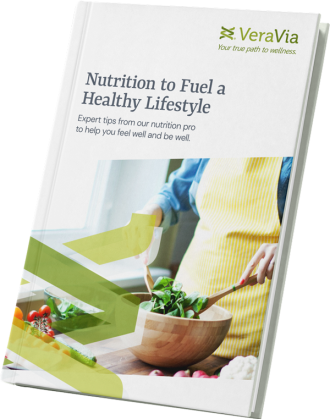When it comes to supporting your wellness, social media is a double-edged sword. On one hand, social networks are great for keeping in touch with friends and family, swapping stories and sharing words of encouragement. On the other hand, it’s all too easy to get caught up in “keeping up.” Studies have shown that excessive social media use is linked to depression. People who check social media frequently are up to three times the risk of depression compared to people whose usage was more moderate.
During our holistic spa retreats, we firmly encourage guests to put down their phones and step away from their screens. The experience should be all about focusing on the here and now. At home, however, it’s easier to slip into social media habits that bring you down rather than build you up.
Negative effects of social media
Social media has the power to elicit negative feelings that can seemingly arise out of nowhere. When it looks like the whole world is happy/thin/successful/in love/fill-in-the-blank, it’s easy to feel inadequate. Plus, a host of negative feelings often arise about the act of engaging with social feeds themselves. Pay attention to your social media usage. How many of the following negative reactions have you experienced?
- Comparing yourself to others
- Compulsive urge to check and re-check constantly
- Sense of distraction
- Guilt for wasting time
- Judgement—of yourself and others
- Fear/worry about local or global problems
- Political anxiety or anger at those with different political opinions
- Desperation to receive positive reinforcement from others about your pictures/messages
The line between a positive sense of connection and a feeling of compulsion or inadequacy can be a thin one. Pay attention to how often—and how quickly—you cross over.
Positive effects of social media
The news isn’t all bad. Social networking sites have the ability to connect people from all over the world, disseminate important news stories directly to readers, facilitate creative expression and more. From a wellness perspective, social media can strengthen friendships, increase the feeling of interconnectedness, spread encouragement and provide inspiration. In fact, chances are, you’re reading this article right now thanks to a social media post.
Tips to make the most of your social media use
The best way to derive the maximum benefit from social media is to use it deliberately. Pay attention to not just what you read in your social feeds—but how you feel. Here are some useful tricks to keep your social media use under your control:
- Limit your social media time. Use app-blockers like Freedom or Offtime to inhibit your usage.
- Unfollow people. If you find yourself getting upset or obsessed with what they’re doing or saying, stop looking.
- Share carefully. Remember that many people see social media as an invitation to share their thoughts and opinions, which are not always positive.
- Adjust your privacy settings to control who posts to your social feeds. Block negative people and remove negative commentary.
- Instead of posting to someone’s wall or “liking” their picture, take the time to contact them by phone or in person.
- Think twice about everything you post/like/share. Are you spreading a positive message? If not, don’t do it.
Social media can be a blessing or a curse—so engage with it on your terms. If you find that your social media usage is making you feel worse more often than it makes you feel better, it’s best to take a break. Don’t worry about missing out. Anything important enough for you to know will find its way to your attention in real life. Meanwhile, you’ll be out living life, not reading about it.






